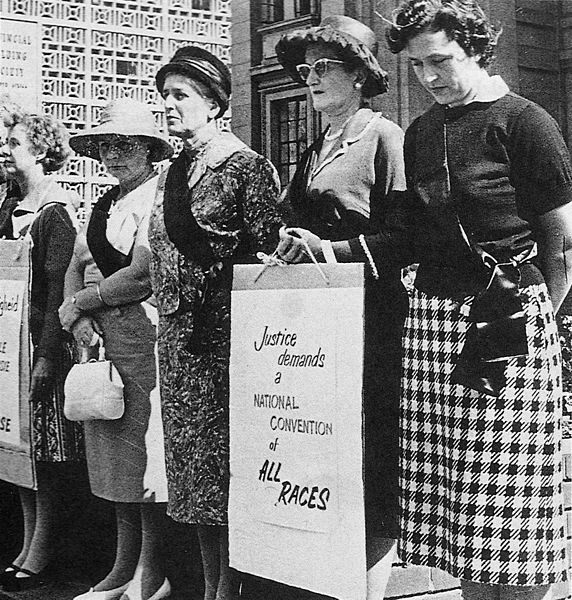What is liberalism in South Africa?
Liberalism sometimes means different things in different contexts. Usually, however, it refers to the political belief system that upholds the liberty of the individual to pursue their own interests and affairs, free from undue interference from their fellows or, chiefly, from government, without harming this same liberty of others.
Whether you are a lifelong liberal from the principled stand of the 1960s, a new liberal trying to find your ideological home, or simply have a passing interest in this rich tradition, Liberal South Africa hopes to be a useful source to you. Liberal South Africa is dedicated to documenting the history, development, and progress of political and economic liberalism in South Africa.
Through the ages

Cape liberalism (1820s-1958)
The Cape Liberal Tradition represents the heyday and historical core of South African liberalism. It ended when liberals organised politically in the late 1950s.

Principled individualism
(1948-2000)
Opposition to Apartheid (1948-1993) represented the rallying point for liberals of all stripes. The liberal slideaway (1980s-1990s) started during this period, with consequences that persist today. The principled individualist stance ended around the time of the formation of the Democratic Alliance in 2000, after the Constitution was adopted.

Decline (2000-present)
There has been a definite decline in liberal scholarship and activism in South Africa since the early 2000s, but a few voices continue to champion individual liberty as a lodestar for public policy.
Explore the rich tradition of liberalism
Cape Liberal Tradition (1820-1958) and liberalism in the United Party (1934-1958)
Liberalism during the constitutional crisis (1951-1955)
Progressive movement (1958-1989)
Expropriation without compensation (2017-present)




